

A community coalition employs an alternative approach at an Alabama bus plant.
Co-published by Newsweek

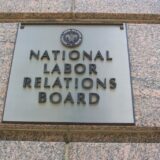
Co-published by the American Prospect
The National Labor Relations Board is not just changing workplace rules but reversing longstanding precedents.


The L.A. Times newsroom remains in a state of siege. Tronc has established an alternative editorial team for its shadowy “Los Angeles Times Network,” and has declined to explain to Times staffers what its intentions are for this new enterprise.
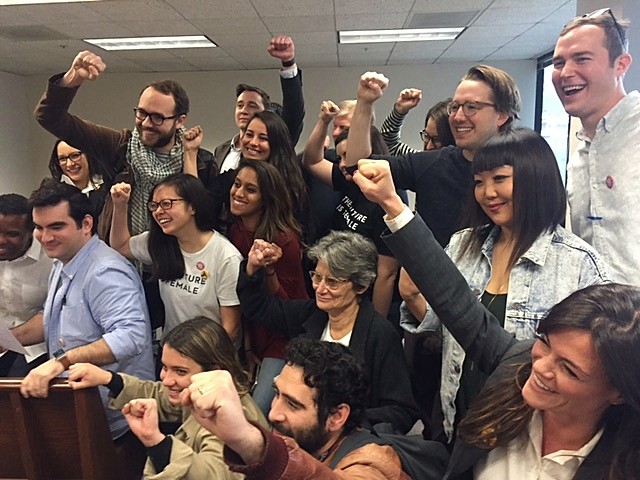
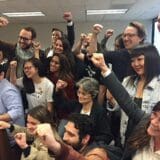
By 11:30 a.m. Friday morning the votes were tallied in the first-ever union vote taken by L.A. Times editorial staffers: 248 in favor, 44 opposed.
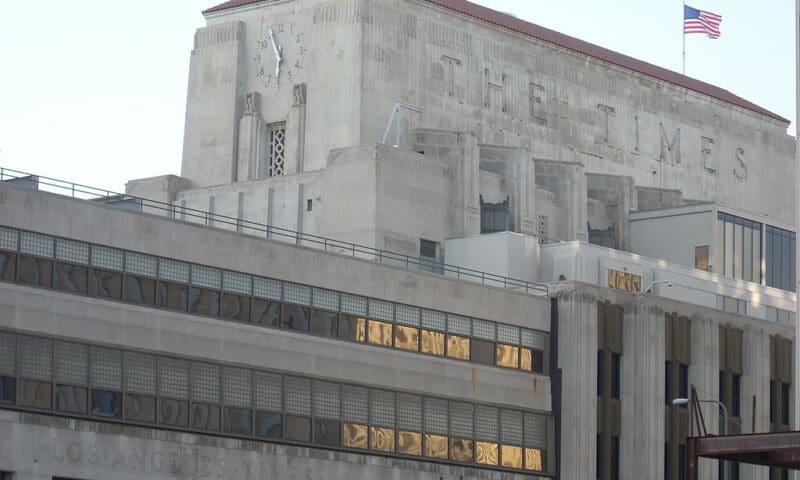

Today, over 350 Los Angeles Times reporters and editorial staff will vote on whether to allow NewsGuild CWA to represent them at the famously anti-union company.


On Election Day, I joined a group of housekeepers at the end of their shifts on a small street behind Le Merigot Hotel, a luxury beachside resort in Santa Monica. These women had decided they wanted a union and announced their desire to vote for one in a National Labor Relations Board election.


We’ve written on more than one occasion here about the travesty that is the National Collegiate Athletic Association (NCAA) and its treatment of big-time college athletes. So obviously we take great pleasure in the ruling last week, made by a regional director of the National Labor Relations Board (NLRB), that said football players at Northwestern University are employees and ordered an election for those employees to decide if they want to be members of the College Athletes Players Association (CAPA).
The ruling itself is one the feds can be proud of, properly reducing the question of employee status to its core issues—do the players perform a service for money, subject to the control of the person paying them the money?
With football players, the answers are pretty clear. Their coaches require them to sign a contract, make them work 60-70 hours some weeks, control their lives down to the most minute detail and in exchange give them various forms of compensation,
» Read more about: Of Football and the Limits of Labor Law »
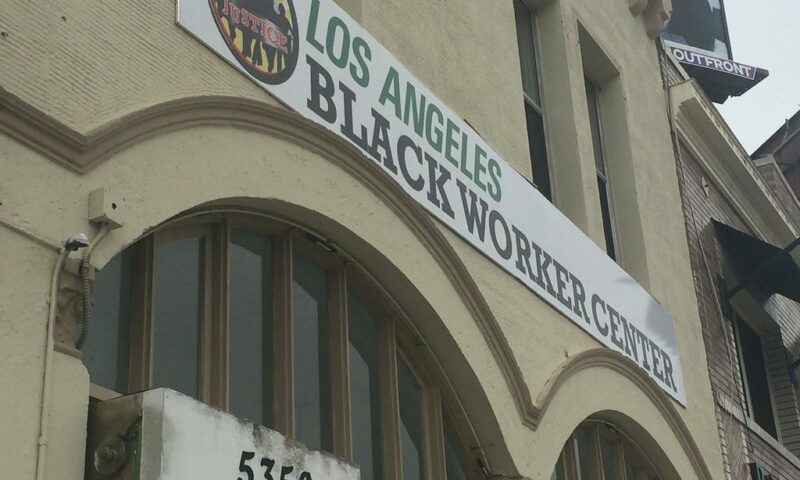
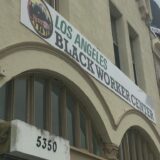
This Friday, the Los Angeles Black Worker Center (BWC) is holding its first-ever Black Workers Congress to bring workers and the Los Angeles community together to build support and share knowledge to transform the jobs crisis in communities of color.
The Workers Congress will be held at the Holman United Methodist Church on W. Adams Boulevard in Los Angeles starting at 8 a.m. PDT.
Black Worker Center Director Lola Smallwood Cuevas:
“The Black Worker Congress is about building blueprint for strategy and action directed by unemployed, underemployed and unionized black workers together. The black job crisis is one of the greatest worker rights travesties in America. This congress is an opportunity for labors to be directed by the community and see how they can help black workers move forward action steps to contest the economic violence terrorizing our families and destroying the social fabric of our community.”
» Read more about: African American Labor Group Debuts “Workers Congress” »
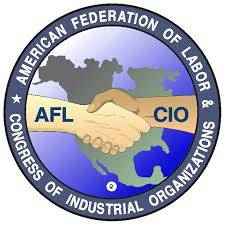
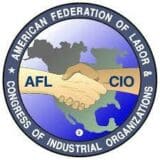
Union leaders and activists from around the country, in Los Angeles September 8 for the AFL-CIO Convention, will get a close look at a regional labor movement with membership numbers holding steady or even slightly increasing.
Compare this with much of the U.S., where the percentage of workers represented by unions is dropping rapidly and persistently.
L.A., more than most cities (and California, more than most states) has stayed a step ahead of an employer class determined to cleanse the global economy of collective worker power.
Credit Los Angeles and statewide unions for building tightly run coalitions with immigrant-rights and economic-justice groups; their brassy leadership and an electoral strategy which has – so far, at least – beaten back anti-union measures like Proposition 32.
AFL-CIO delegates from the de-industrialized Midwest, by contrast, have been facing relentless attacks from Republican governors and legislatures fronting right-to-work drives and laws restricting public employee bargaining rights.
» Read more about: AFL-CIO Convention Comes to Los Angeles »


Two recent U.S. Supreme Court decisions involving especially high profile cases have garnered all the legal headlines. The Court’s watershed decision rejecting Proposition 8 and restoring the legality of same-sex marriage in California gave new rights to a significant portion of American citizens – and gave blue states something to shout about.
Days before, red states held their own party after a court majority ruled that the 1965 Voting Rights Act was unconstitutional because it relied on data from the 1970s that was supposedly outdated. Immediately, officials in North Carolina, South Carolina, Texas, Mississippi and Alabama – all states covered by the law – got to work adopting restrictions limiting the vote of the old, the poor and people of color.
Just before these two momentous decisions, however, when no one was paying attention, the high court gave the country to the corporations — again. The Supremes handed down a decision that curtailed the avenues that employees have used to redress instances of religious or racial discrimination.

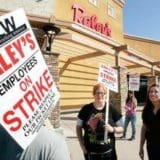
There’s power in the picket line. And employers know it.
That’s why, in 2008, Ralphs Grocery Company sued to have union picketers removed from the front of one of its non-union stores. But California has explicit laws to protect labor-related speech, and the court denied the request by Ralphs.
But that hasn’t stopped the grocery chain from continuing its courtroom battle to silence workers – even though they’ve lost just about every case. Last December, California’s Supreme Court upheld the ruling in favor of the picketers. Speaking for the California Supreme Court’s 6-1 ruling in the Union’s favor, Justice Joyce Kennard wrote that the 1975 state law and follow-up legislation passed in 1999 are
“. . . justified by the state’s interest in promoting collective bargaining to resolve labor disputes, and the understanding that the area outside the entrance of the targeted business often is the most effective point of persuasion.”
And last week,
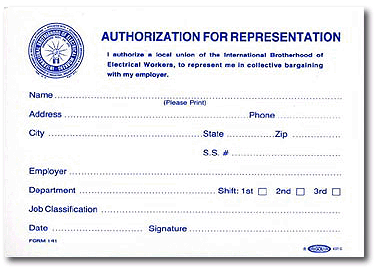
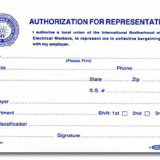
My cousin and I have stayed in touch over the years despite the distance — he grew up in a Texas border town and has lived his adult life in Phoenix. Both he and his wife have held well-paid positions in the health field. Like most families, when we visit, we avoid subjects in-laws shouldn’t talk about, including politics and religion. But this time, he brought up the topic of unions, so over the next several days we talked intermittently about unions and why low wage workers need them.
On our final evening together, we sat across from each other in one of those expensive Santa Monica restaurants named after its chef. I said, “So here is the bottom line for me: People who work all day should be able to provide shelter and food for their families, and they ought to have health care.”
“I don’t know that I disagree with that,” he replied.
» Read more about: Building a Better Life: Bottom Lines and Top Priorities »
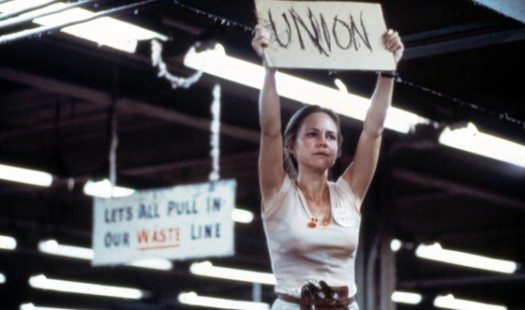
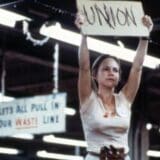
For all the talk of saving and rebuilding the middle class, no public official from the President on down has mentioned the U-word. The U-word? “Unions.” From the 1930s through the ’70s, unions turned working-class jobs into middle-class jobs. Hourly wage earners organized themselves into unions that could fight for livable wages, health and retirement benefits, safety rules, job protection and on-the-job respect. These became such national standards that even in the historically right-to-work states in the Deep South, many of these principles prevailed.
But for three decades those work standards have been under attack, wages have dropped — with benefits cut or stolen. Why is this happening? Because union membership declined as free trade agreements shipped those jobs off-shore, as business mergers stripped workers of health care, and as strategic corporate bankruptcies took away their pension funds. Workers have been asked to “give back” in order to keep their jobs from vanishing,
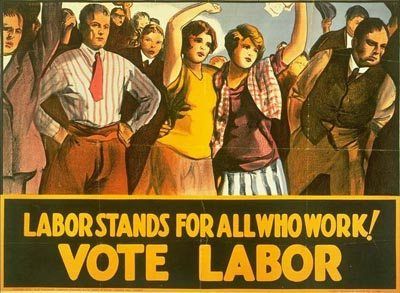
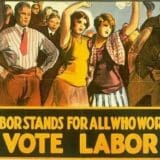
Like any holiday, Labor Day comes with some inevitable scenarios. Number One is that most Americans will take a well-deserved day off, courtesy of the efforts of the labor movement. Next, many of us will barbecue on grills that were paid for by middle class jobs that only exist because of the success of that movement.
But this holiday comes with another inevitability: The Sunday morning newspaper or Web stories proclaiming that people don’t want to join unions anymore. However, despite what the editorial writers and columnists say, the real reason people don’t join unions is that U.S. labor laws are so weak that they are nearly worthless – and the right to join a union is a joke.
When I went to work for my first employer after high school I was part of an organizing drive and a strong majority of the workers – 43 out of 62 – signed cards asking for a union to represent us.